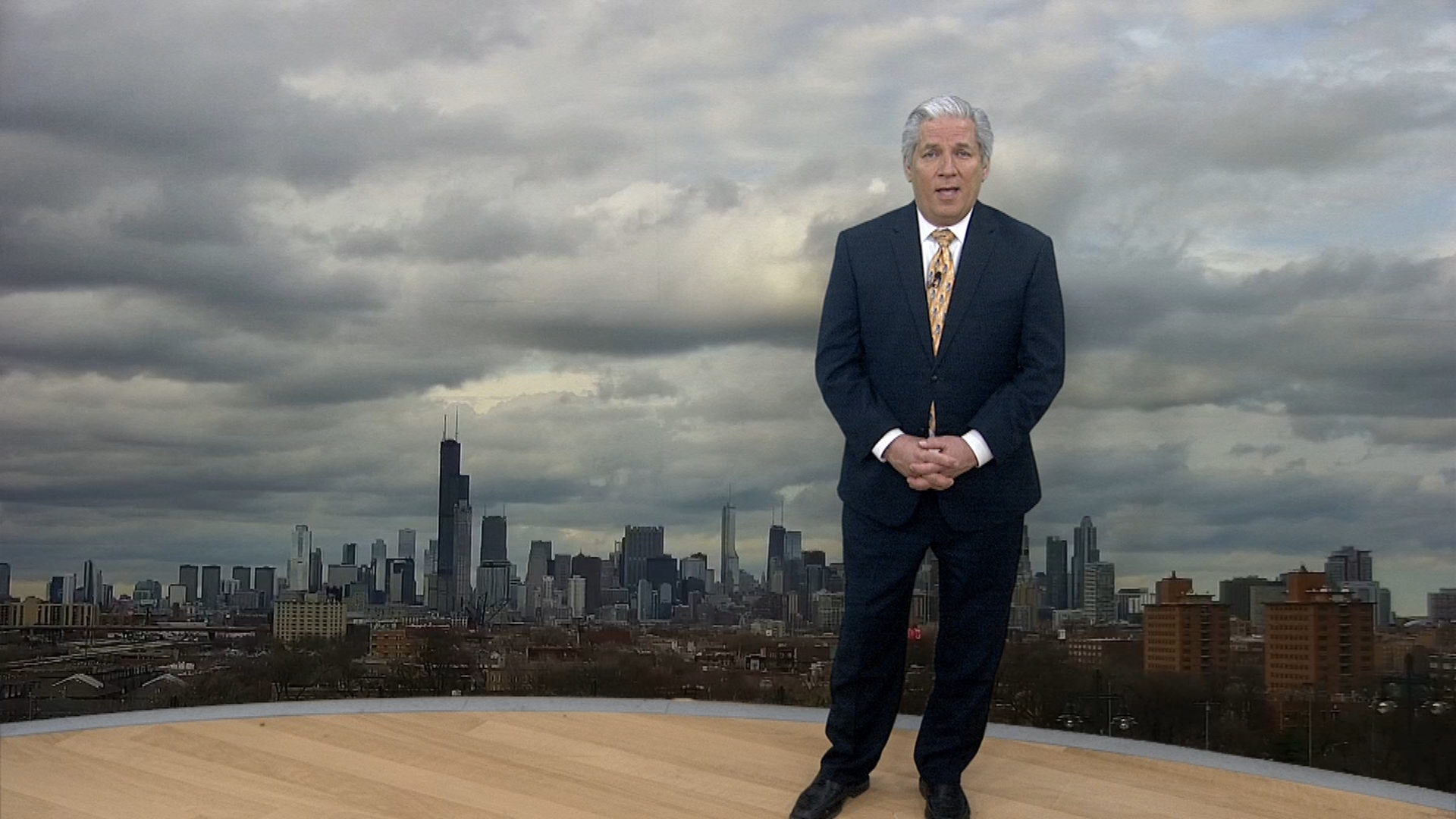A museum created by the Academy of Motion Pictures and Sciences is devoted to the history, science and cultural impact of the film industry. NBC 5’s LeeAnn Trotter shares the mission of a Chicago professor and board member.
The brand new Academy Museum of Motion Pictures in Los Angeles has a Chicagoan among it’s executive ranks, and she says she is proud of her roots in the city.
Jacqueline Stewart is a University of Chicago Film Professor, and serves as the director of the university's Washington Park Arts Incubator on Garfield Boulevard.
Right now, she has an incredible opportunity in Hollywood, as she’s on sabbatical while working in Los Angeles at the new museum furnished by the group that holds the Oscars each year.
“It’s been remarkable to work with a team of people to open a brand new museum. A once in a lifetime opportunity,” she says.
Stewart is currently serving as the Academy Museums’ Chief Artistic and Programming Officer.
“For me, it’s all about how to take all the training that I did as a film scholar and expand it to a much larger audience," she says.
Local
One of the reasons Stewart took the position was the museum's commitment to inclusive storytelling, and that includes shining a light on the way Hollywood has treated minorities throughout history.
In the Historic Oscars Gallery, the statuette for actress Hattie McDaniel, the first Black Oscar winner, is missing.
Feeling out of the loop? We'll catch you up on the Chicago news you need to know. Sign up for the weekly Chicago Catch-Up newsletter.
“It’s a reminder of the way black performers or performers of color have been treated in Hollywood for generations," Stewart says. "We think it’s a place to ask people to reflect on how it is that people of color have been treated much more generally on screen and off screen.”
Six years ago, the "Oscars so White" campaign rocked Hollywood, and the industry is still trying to change the culture, and as a result of those types of movements, Stewart sees a brighter future of inclusivity.
“Having more and more platforms for making films and sharing films, I think the industry is already changing on a business and technical side," she says. "I really think those changes can be advantageous for people who are coming from the margins."
Stewart says the key is having a seat at the table when stories are being conceptualized, referring to it as "power sharing."
“What needs to happen is that we need to have more people of color, more women and more people with disabilities in positions of power and authority to have the capacity to make decisions about what projects get funded," she says.
Now, Stewart herself has a seat at the table at the largest institution in the country committed to celebrating, and supporting, filmmaking.



